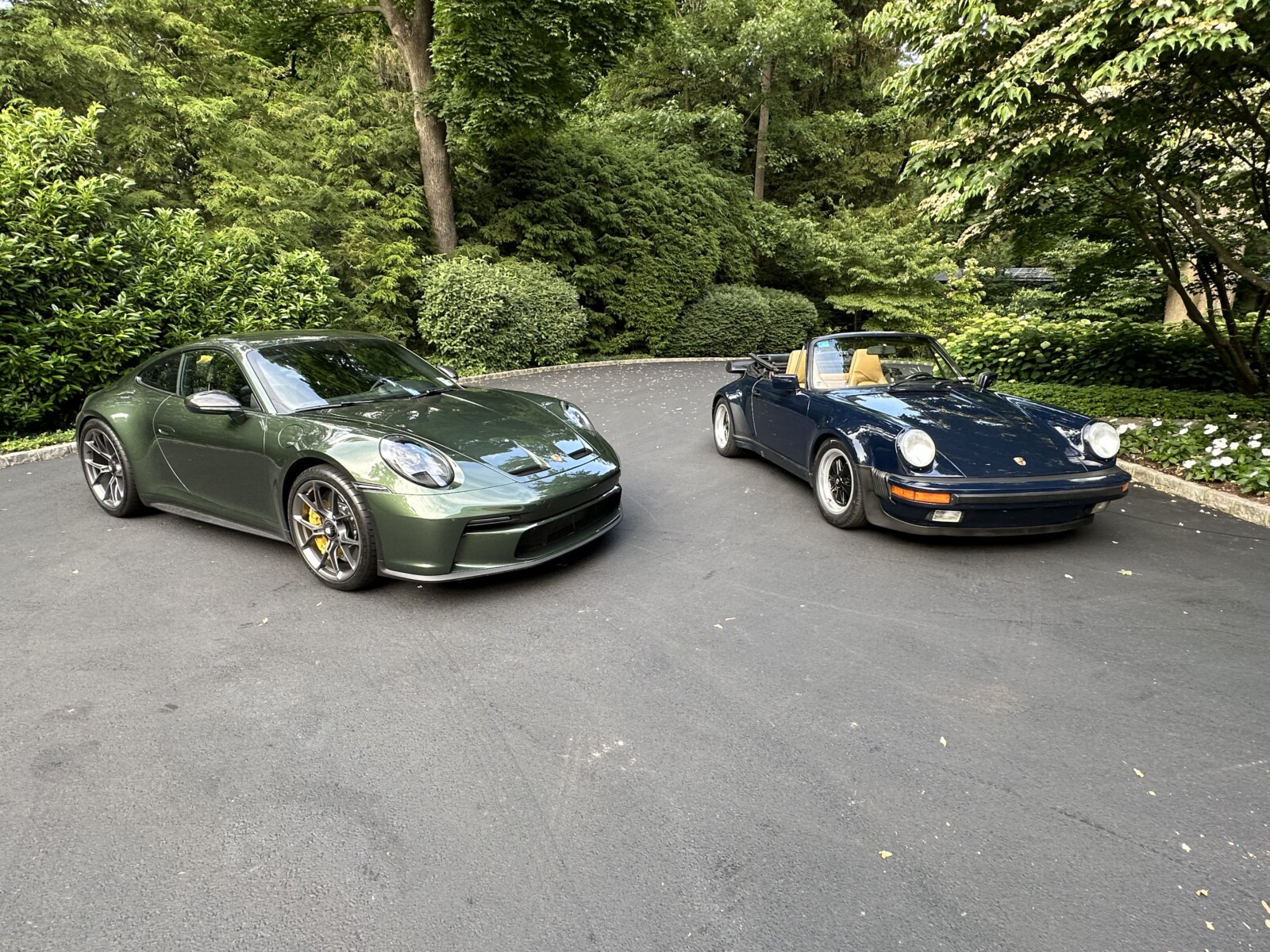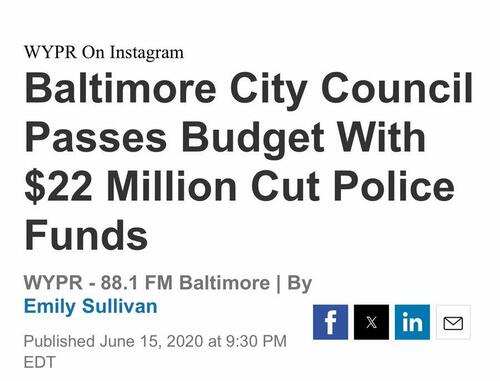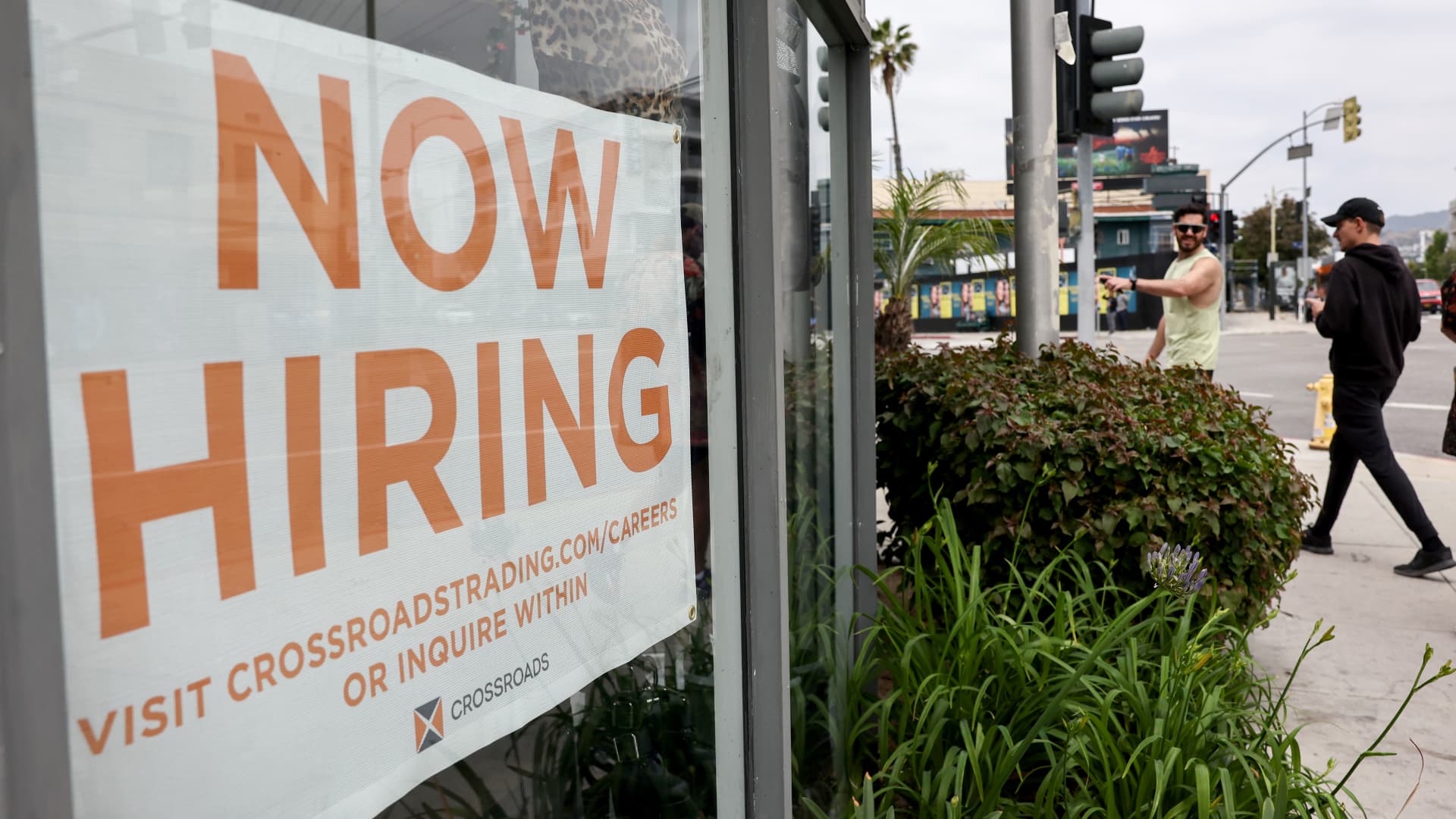In May of 2022, I put a deposit down with Moment Motors to convert an ICE car into an EV. The down payment put me into a queue that was over a year-long, giving me lots of time to select something fun for the project.
After considerable thought, I decided on 1980s-era classic 911. I was never much of a Porsche guy – their engines are in the wrong place – but I thought they would make for a fun, light, tossable EV. I picked up a cheap, beater track 911 to convert.
As it turned out, the car was a 1988 matching numbers M491 Cabrio. Under a lot of aftermarket add-ons and mods was a somewhat rare, mostly original, valuable 911 in decent shape.
The M491 option includes everything that comes with the top-of-the-line 911 Turbo – the flared fenders, giant whale tail, wrap-around chin spoiler, G50 5-speed manual gearbox, upgraded suspension, wider Fuchs wheels, 930 Brembo brakes – minus the turbo charger. It made for a great-looking car without the “widow-maker” behavior of the 930s.
Back when it was new, the M491 option was an expensive upgrade: $5,000 on a car with an MSRP of $44,930. Still, that was way cheaper than the full 930 turbo coupe, which came in at $72,645. Only 282 Porsche Carrera 3.2 Cabriolets with the M491 option were ordered in 1988, with 108 coming to the U.S. Today, well-maintained M491 Cabrios sell for over $100k.
So, not a candidate for EV conversion.
The prior owner had lowered the suspension, added a roll bar, heavy-duty anti-sway bars, and lots of electronics/radar tech, I assume the car was raced (road or track). Since it was not an EV conversion candidate, I decided to return the car to its original stock setup. Out went the roll cage, anti-sway bars, reduced travel springs & shocks, low profile tires to be replaced by all original suspension equipment. New brake lines, lots of lights, and switch gear needed to be replaced, as did a repair of some rust behind the battery. New tires and the car was good to go.
The exterior paint was in decent condition — a deep compound followed by a ceramic coating made it look great – it’s a “6-foot car,” and looks great from that far away; closer up, there are plenty of chips and swirls in the finish. The Champagne/Blue piping leather interior with a blue dash took a deep steam cleaning to bring back to life.
These might have been badass cars back in the day, but 215HP is kinda sluggish today. Even with the upgrade to 3.4 and 270 HP, they are not lightning-quick. But they are purely analog, open-air cruisers, with solid handling, a great shifter, and make wonderful sounds.
It took about 6 months to get the car back to its original stock condition. It’s been a lot of fun to drive around — I am constantly surprised at how much attention it generates wherever we take it. Among Porschephiles, it’s a fave, but it also has such a 1980s vibe, that random people stop to chat about it. I was not planning on keeping the car, but I have grown to appreciate both the styling and Porsche’s rock-solid reliability (despite its age and high mileage).
The experience of an older ’80s-era Porsche is tough to replicate in a modern car.
More photos below.
~~~
From the original sale listing:
“The flat-six engine was rebuilt under prior ownership and upgraded to a 3.4-liter displacement with a big bore kit along with 100mm Mahle forged pistons, stainless steel valves, Carillo connecting rods, 906 camshafts, ported and polished heads, ARP bolts and studs, performance distributor, a high-flow air filter, SSI heat exchangers, and a Borla stainless steel exhaust, estimated to now produce around 270 HP. The rear wheels are driven by way of a 5-speed G50 manual transmission. The M491 package also adds the upgraded brakes and suspension of the 930 Turbo, as well as larger front and rear anti-roll bars.”
More on the EV conversion coming soon…
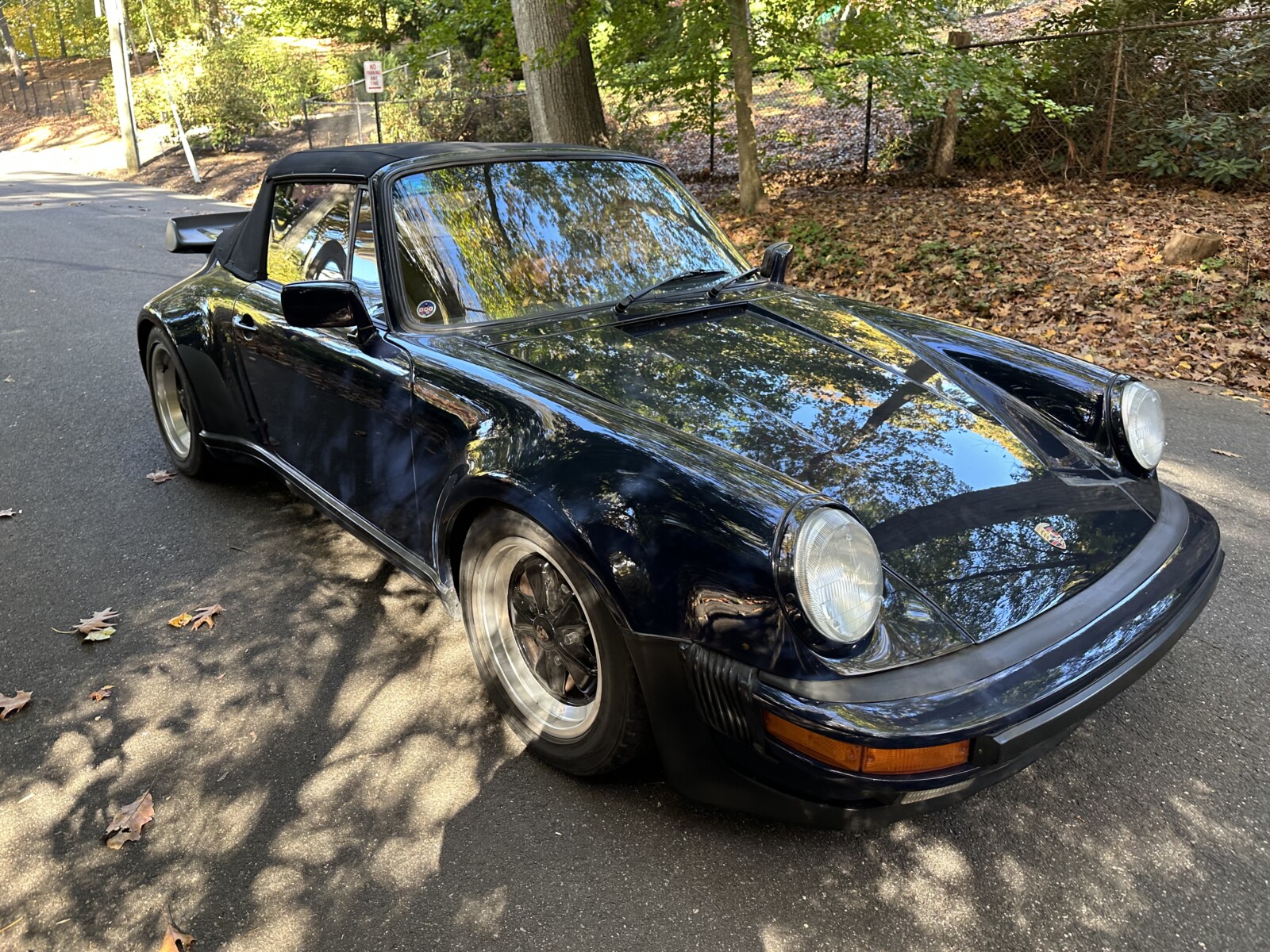
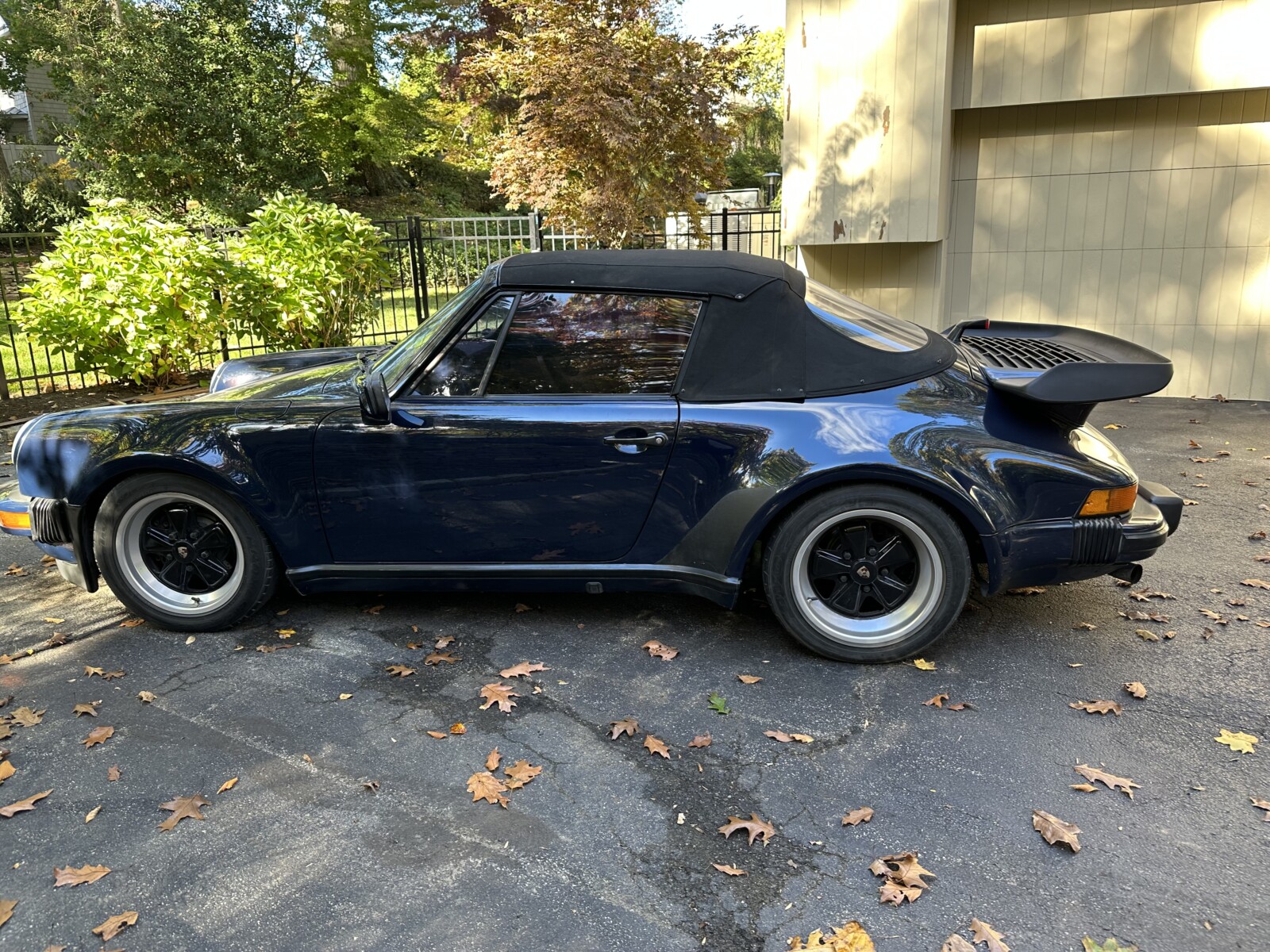
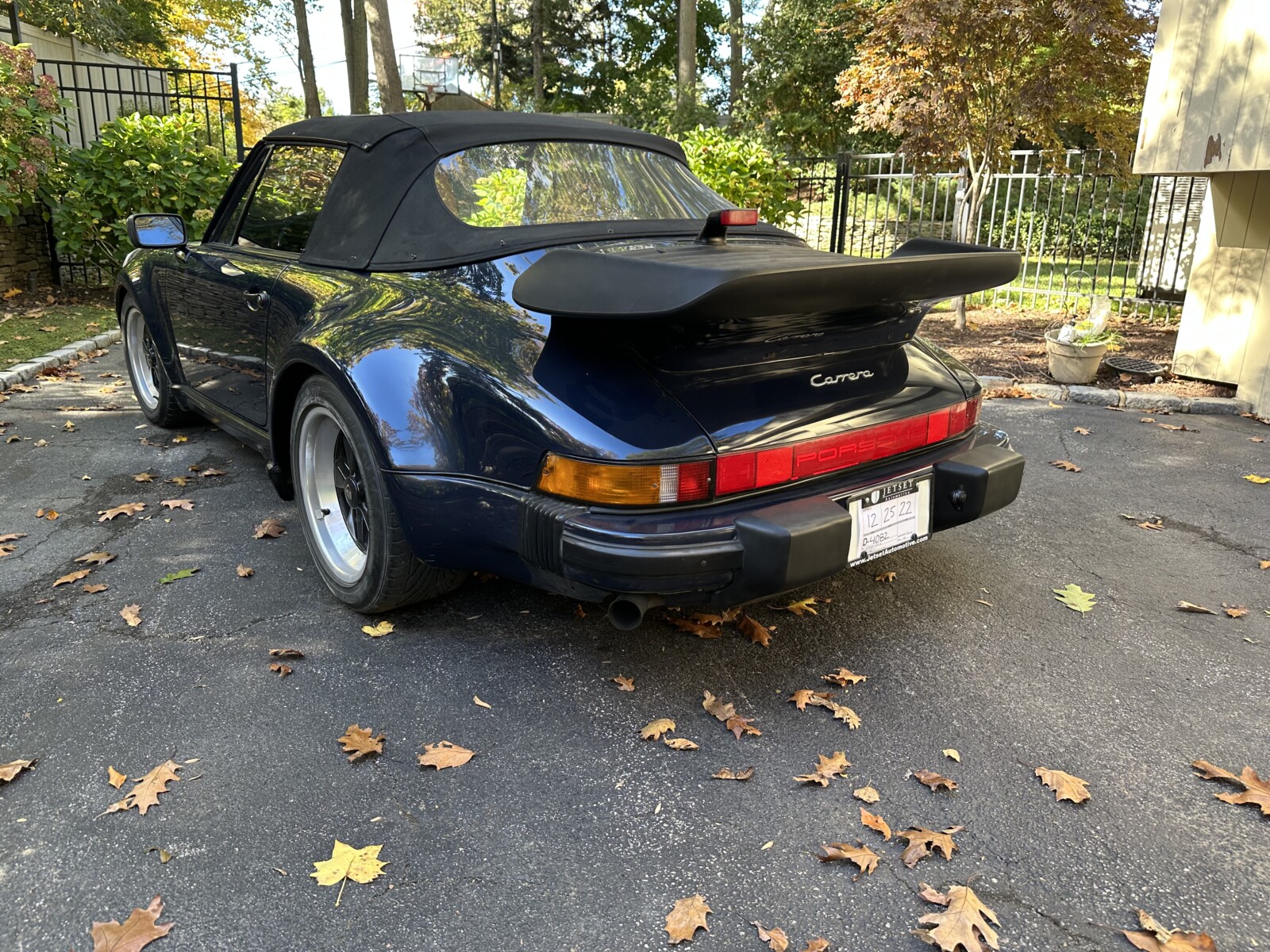
Interior was filthy before cleaning: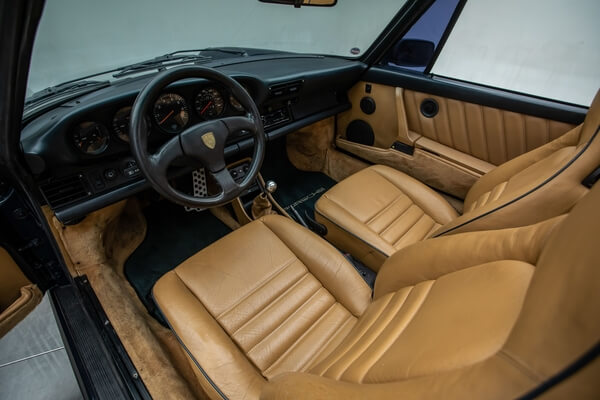
Engine was also a filthy mess: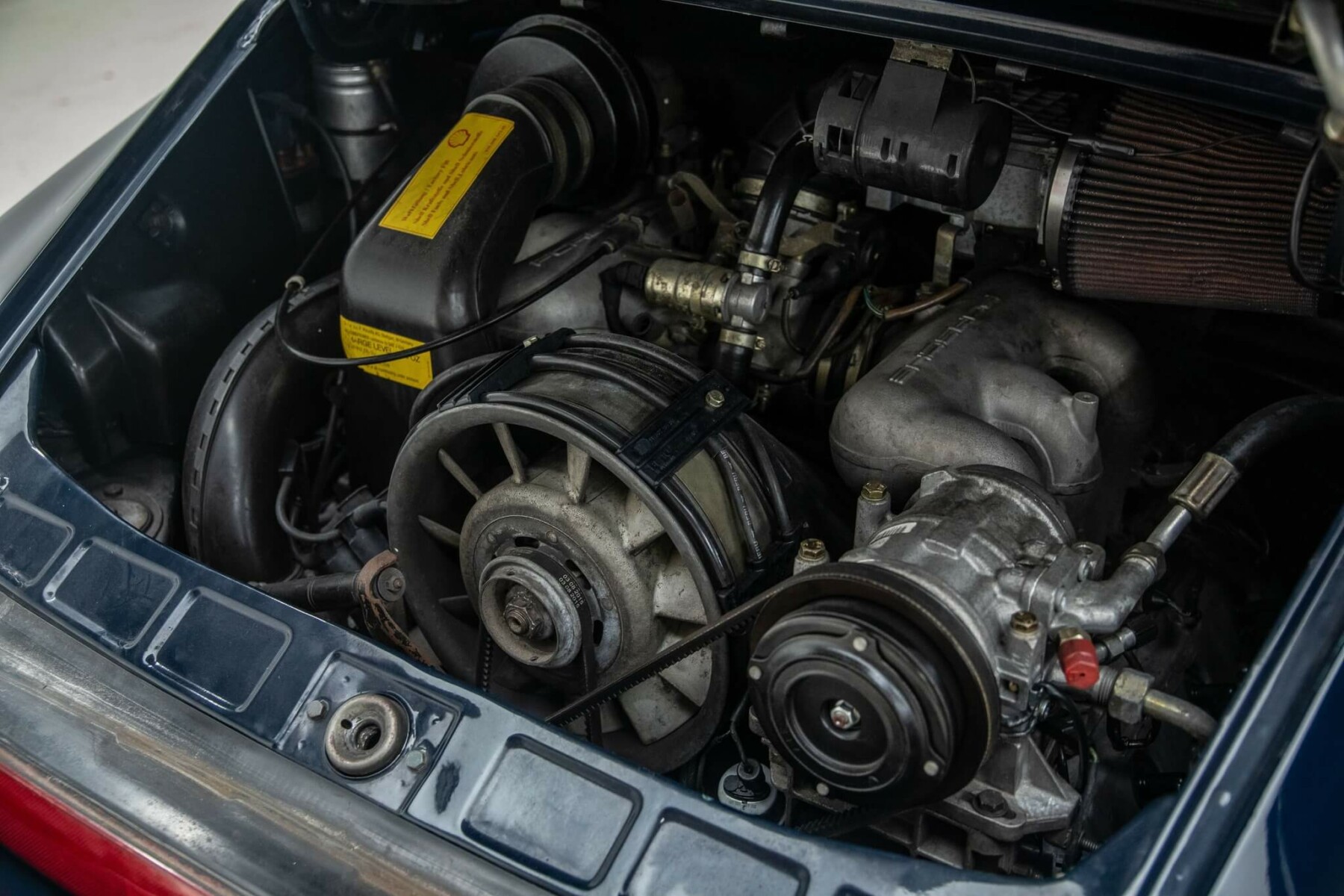
Heading to Autostrada for steam cleaning and ceramic coating: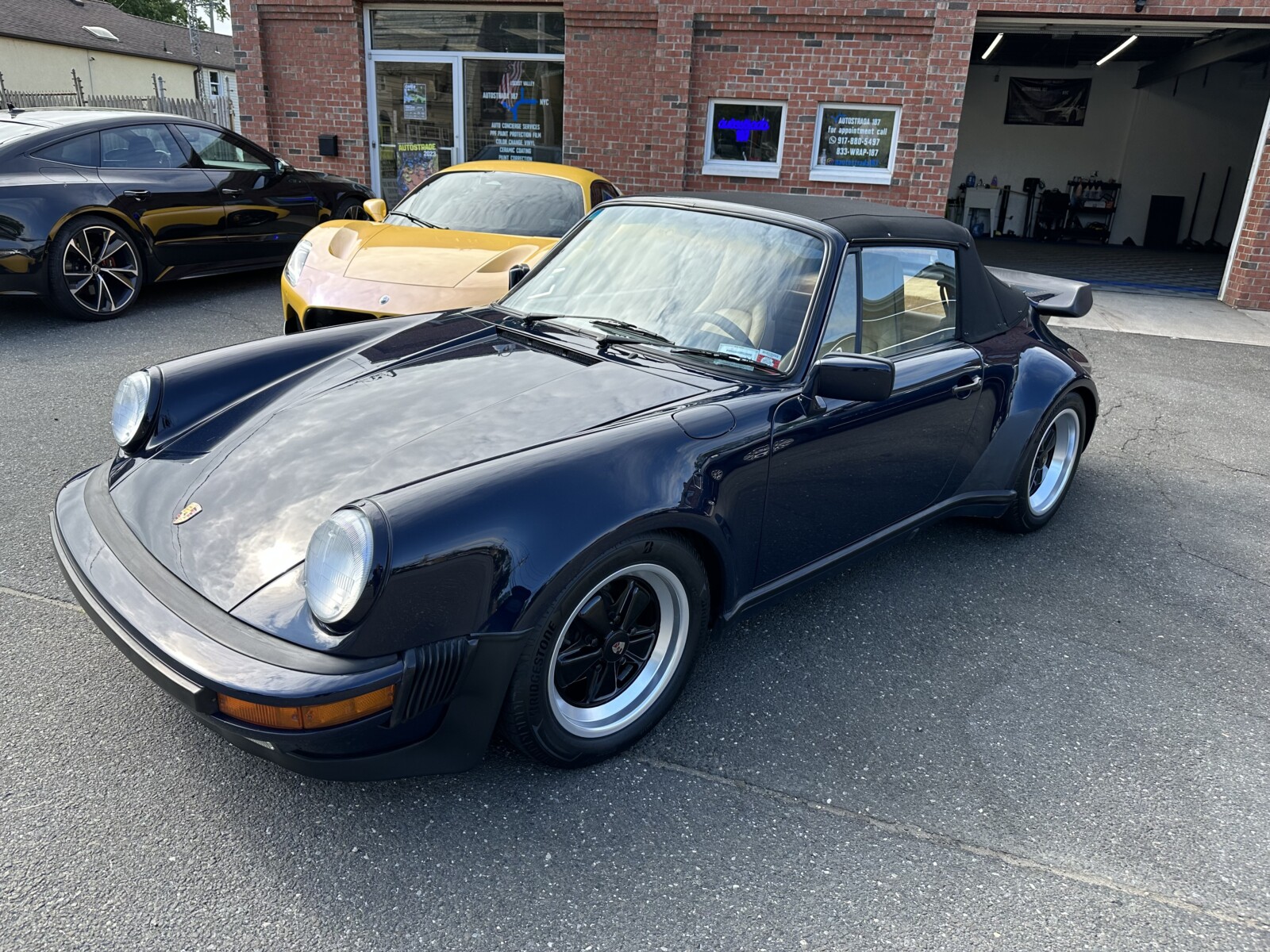
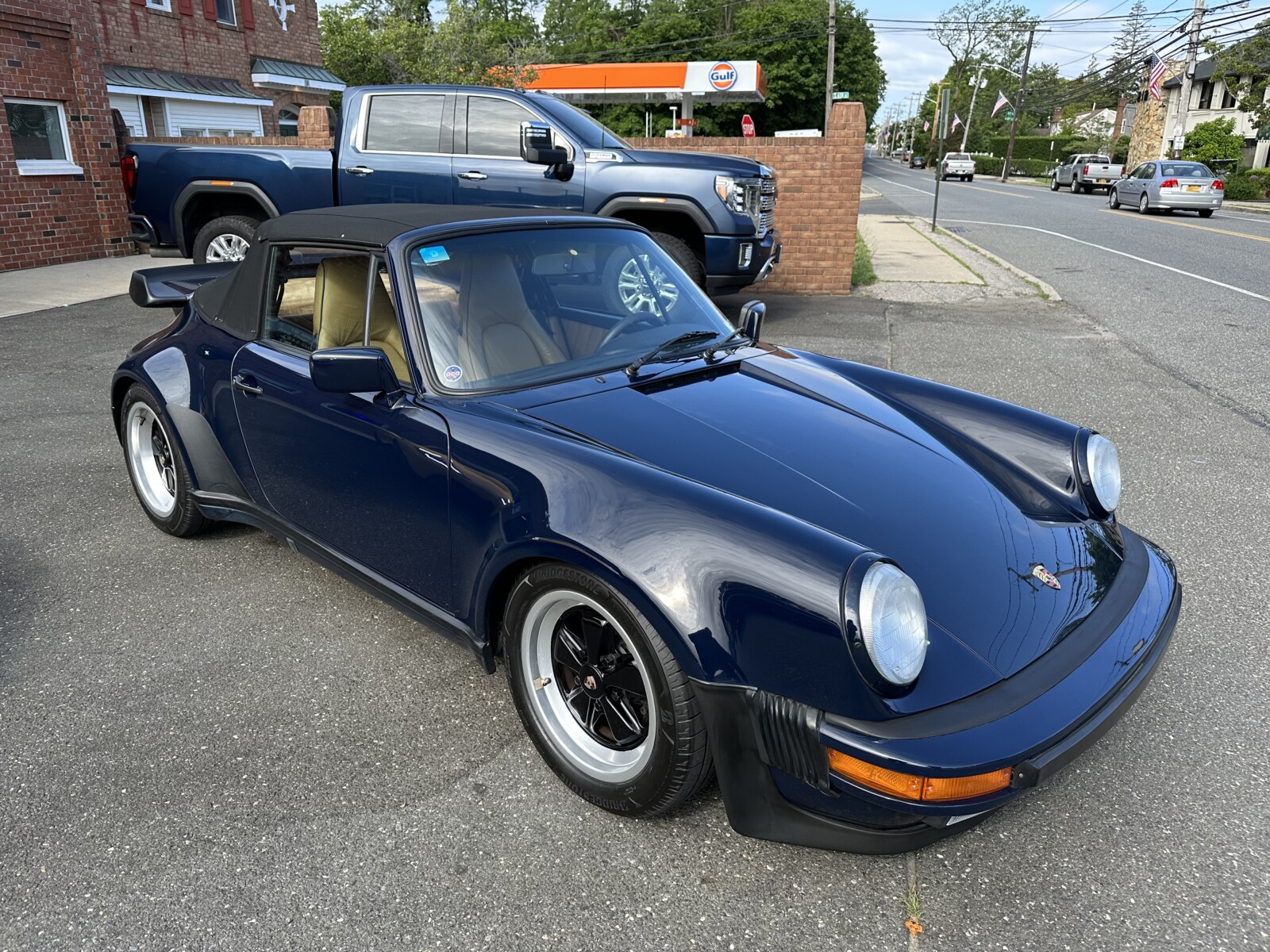
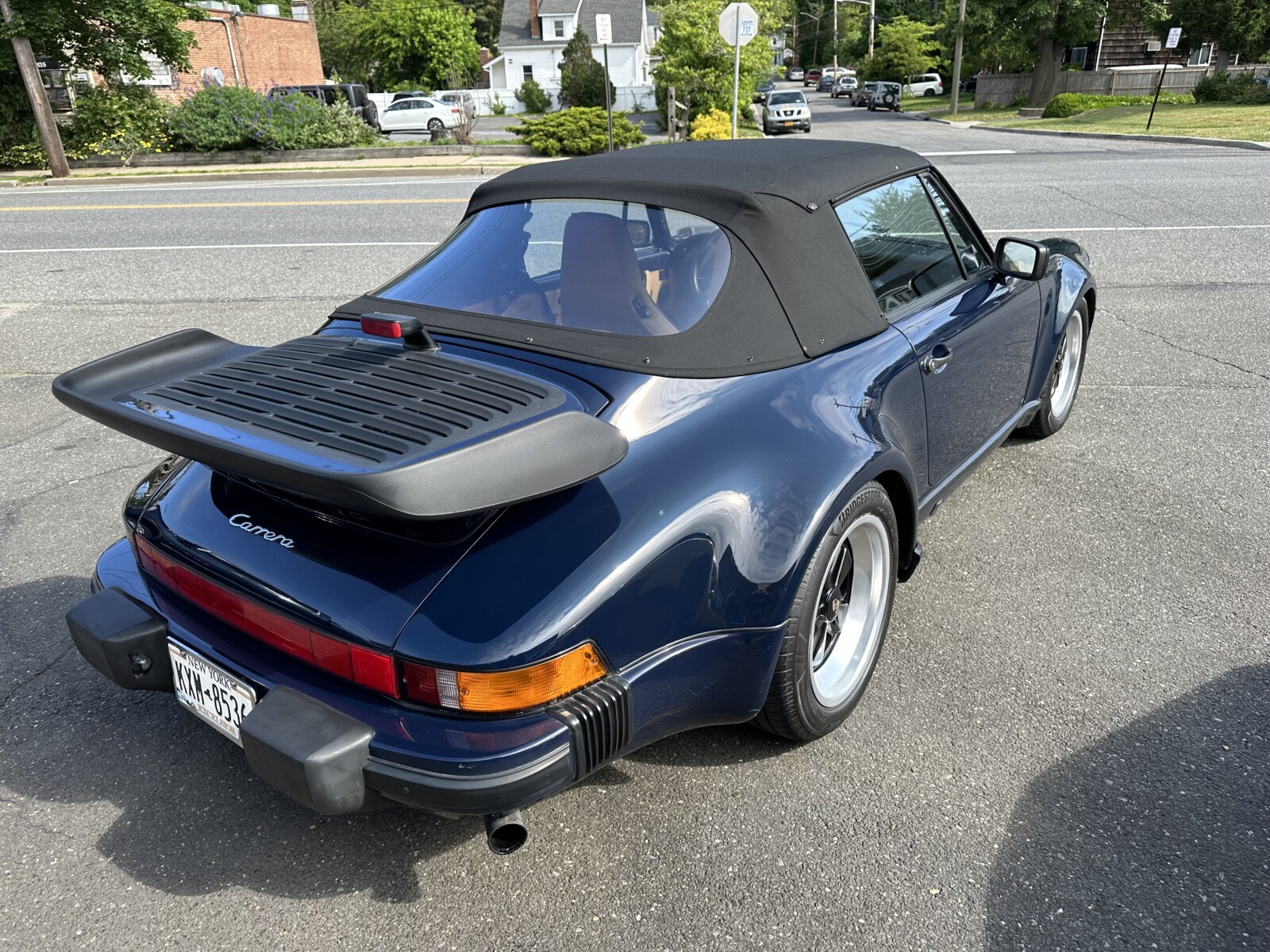
40 Years later, it’s so much smaller than a modern 911.